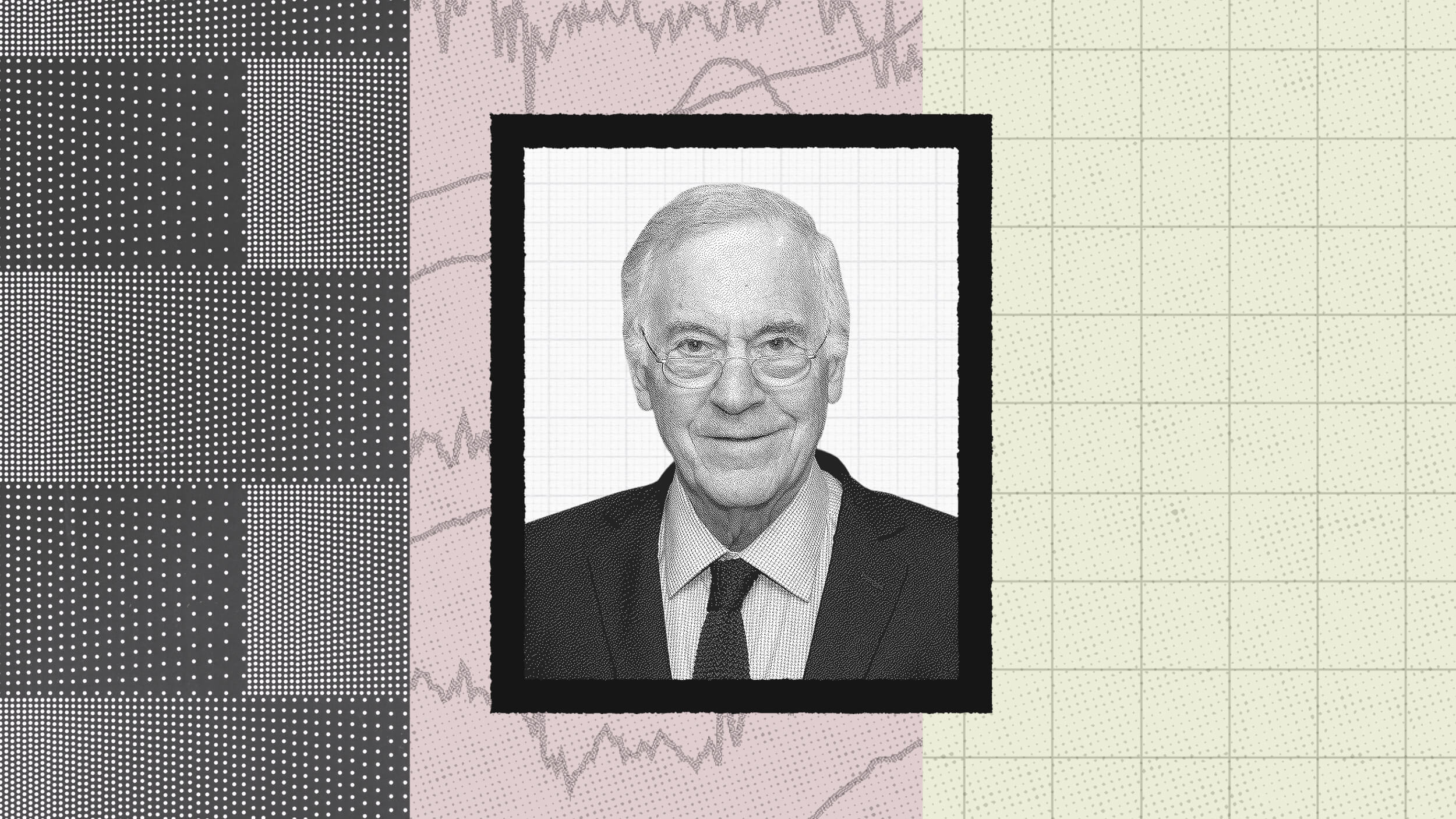Mark Leonard describes Europe’s current unhappiness with America.
Question: What has been the impact of the Iraq war for transatlantic relations?
Mark Leonard: I think the Iraq War has had a catastrophic impact on America’s image around the world. If you talk to ordinary citizens, even in countries whose government supported the Iraq War, like the United Kingdom, their trust and respect for the actions of the U.S. government and for American foreign policy has reached a historical low, and they basically are not willing to give the U.S. the benefit of the doubt anymore in anything, and the idea of American leadership on big, global issues certainly, but with this administration it’s kind of unthinkable. I’m not sure how long lasting that is. I think some of that can change with a new administration, if there’s an Obama or a Clinton or even a McCain presidency. People are instinctively going to rebel against everything they decide to do in the same way that they do with the George Bush administration. But I do think that underlying that there is a bigger difference between now and the past, which is the fact that the Cold War has ended, and Europeans no longer depend on the U.S. to protect them in the way that they did during the Cold War. I think that that is a big structural change, which is much more important than the Iraq War. Maybe what happened over the Iraq War was a reflection of the fact that Europeans could afford not to, some European governments could afford not to back the U.S. because they didn’t need American protection in the way they did during the Cold War.
Question: Are Europeans interested in the US election?
Mark Leonard: I think they’re obsessive watchers of the American election, with all the twists and turns in the different primaries, and the battle between Hillary and Obama is something which has completely energized lots of Europeans. I think it’s one of the things which will lead to a big change in the way that the U.S. is perceived, is the genius the American political system has to reinvent America, and to give itself a second chance by casting one group of people out and having an entirely new cast of people who are in charge of the country.
Question: How will conservative gains in British elections affect their foreign policy?
Mark Leonard: If there’s a conservative government in Britain, I think there will initially be an attempt to move further away from the European mainstream than the Blair and Brown governments have been in recent years. There’s a lot of ideological skepticism about the European project in the conservative party. But I think that I’m not sure how long this policy will last, or how far they can take it. In a way, all governments, when they come into power, have a pretty rude awakening when they start dealing with issues in the real world. We saw it with George Bush, where you look at the famous article in “Foreign Affairs” by Condoleezza Rice, which talked about humble American foreign policy not getting entangled in adventures abroad, and then what happened after September the 11th. It was like night and day. And I think we might very well find the same thing happens with a conservative government in the UK, because there is, quite frankly, no future for British foreign policy outside of the European context. And for must of the things that Britain wants to do in the world, the most effective way to do it is going to be by working with
European partners and having a strong relationship with the U.S., but there aren’t that many alternatives available for Britain.





